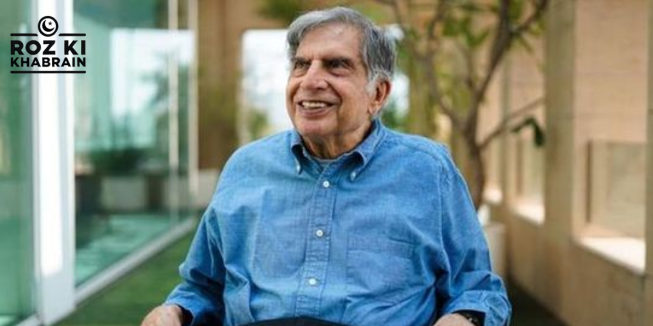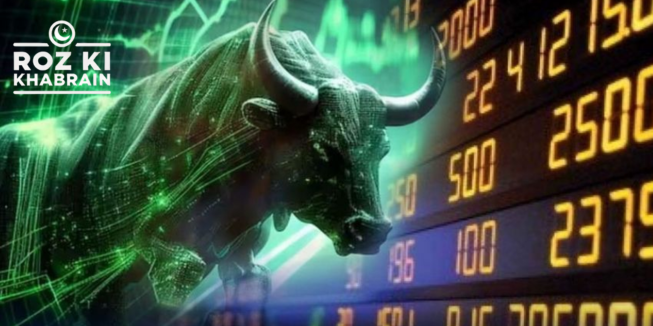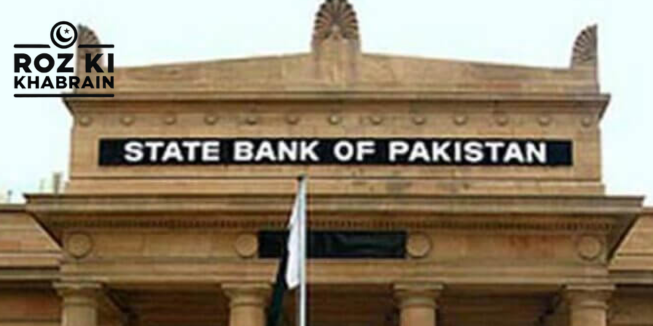After earning a degree in architecture from Cornell University, Ratan Tata returned to India and, in 1962, joined the Tata Group, which his great-grandfather had founded nearly a century earlier.
He worked across several Tata companies, including Telco (now Tata Motors) and Tata Steel, leaving a notable impact by turning around losses and expanding the market share of National Radio & Electronics Company, a Tata subsidiary.
In 1991, Ratan Tata took over as chairman of the conglomerate when his uncle, JRD Tata, stepped down—just as India was entering an era of economic reforms that opened its markets to the world and spurred rapid growth.
One of his early moves as chairman was to curb the influence of certain senior executives within Tata companies by implementing retirement age policies, promoting younger talent, and tightening control over the group’s operations.
In 1996, he founded Tata Teleservices and later took the group’s IT giant, Tata Consultancy Services, public in 2004. To drive further expansion, the group turned its focus overseas, pursuing acquisitions, a strategy it had not previously undertaken.
Speaking to Stanford Graduate School of Business in 2013, Tata explained this shift: “It was the quest for growth and changing the ground rules to say that we could grow by acquisitions which earlier we had never done.”
Under his leadership, the group made notable acquisitions, including British tea company Tetley in 2000 for $432 million, Anglo-Dutch steelmaker Corus in 2007 for $13 billion (then the largest acquisition by an Indian company), and Jaguar and Land Rover from Ford in 2008 for $2.3 billion.
His passion for Tata Motors was evident in the development of the Indica, the first car model fully designed and manufactured in India, and the Nano, which was marketed as the world’s cheapest car. Tata contributed the initial sketches for both models. While the Indica was a success, the Nano, priced at 100,000 Indian rupees (around $1,200), faced early safety concerns and poor marketing, leading to its discontinuation a decade later.
A licensed pilot who occasionally flew the company plane, Ratan Tata remained unmarried and was known for his modest lifestyle, quiet demeanor, and significant philanthropic efforts. About two-thirds of the share capital of Tata Sons, the conglomerate’s holding company, is held by charitable trusts.
Tata’s tenure was not without controversy. In 2016, a public feud erupted after the group ousted Cyrus Mistry, the chairman of Tata Sons. While Tata Group cited Mistry’s failure to revitalize underperforming businesses, Mistry accused Tata, then chairman emeritus, of interference and maintaining undue influence.
After stepping down from the Tata Group, Tata became a prominent investor in Indian startups, supporting a range of companies such as Paytm, Ola Electric, and Urban Company.
In recognition of his contributions to trade and industry, he was awarded the Padma Vibhushan, India’s second-highest civilian honor, in 2008.




